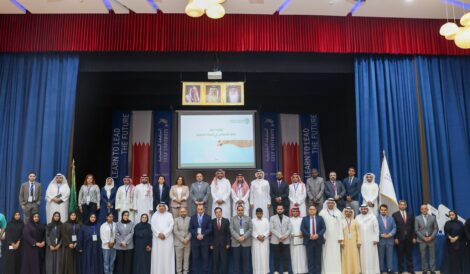The world is currently witnessing profound transformations driven by the accelerating digital revolution, with artificial intelligence (AI) becoming a central component in processes of innovation and knowledge production. This shift has introduced unprecedented legal challenges, particularly in the realm of intellectual property rights. Creativity is no longer exclusive to humans, as AI systems are now capable of generating diverse forms of content, images, music, and even technical inventions, often without direct human intervention. This reality raises complex legal issues regarding the ownership of such works and the rightful beneficiaries of the legal protections traditionally granted to authors and inventors.
Most conventional legal systems grant intellectual property rights exclusively to natural persons, as is clearly reflected in U.S. law, which requires that the author be human in order to qualify for protection. Consequently, works generated solely by AI are not legally protected unless a human has made a direct creative contribution to their production. Nonetheless, some countries in Europe and Asia have begun exploring alternative legal frameworks aimed at incorporating AI into protection systems, either through the concept of shared ownership between humans and AI systems, or through the creation of new protection models tailored to the technical nature of these outputs.
The greatest challenge in this context lies in achieving a balance between protecting rights and encouraging innovation. Excessive legal protection could lead to monopolization of knowledge and technology by a few entities possessing advanced AI tools, thereby limiting equitable access to technical and intellectual resources. Conversely, the absence of protection may discourage investment in research and development and weaken motivation for innovation. Thus, it is imperative to establish a flexible legal environment that keeps pace with rapid developments, ensures fair distribution of rights, and promotes open innovation and the equitable exchange of knowledge.
The rapid advancement of AI technologies also necessitates continuous legal reform and the introduction of new concepts such as “machine-generated authorship” and “AI-assisted invention.” At the same time, legal frameworks must consider ethical considerations, data privacy, and the principles of transparency and accountability in the design and use of AI systems. The issue at hand is no longer solely about who owns the legal right, but also about who bears responsibility when violations or harm result from AI use, matters that demand careful legal structuring to ensure a just balance between individual rights and the public interest.
Given the cross-border nature of digital technologies, it is essential that these legal developments take place within a framework of international cooperation. Legislators, legal experts, technical communities, and international organizations such as the World Intellectual Property Organization (WIPO) must work together to align national policies and prevent legal fragmentation that could hinder innovation and disrupt the global digital economy. International coordination and the unification of legal standards have become urgent priorities to ensure justice, facilitate the exchange of AI-generated works and inventions, and build trust among all stakeholders in this rapidly evolving field.
In conclusion, artificial intelligence represents a profound technological, social, and economic phenomenon that poses unprecedented challenges to current intellectual property systems. Although existing laws remain ill-equipped to accommodate this transformative shift, there is a real opportunity to rethink concepts of authorship, invention, and ownership in a way that safeguards creators’ rights and promotes technological advancement without compromising the principles of justice, transparency, and the public good. Building a comprehensive and adaptable legal framework shaped through inclusive international dialogue is the path toward a more equitable and sustainable knowledge future.
Keywords: AI authorship, artificial intelligence law, IP rights, AI innovation, copyright and AI, AI-generated works, machine creativity, AI ownership, WIPO policy, digital law reform, Gulf University (GU)





